
News

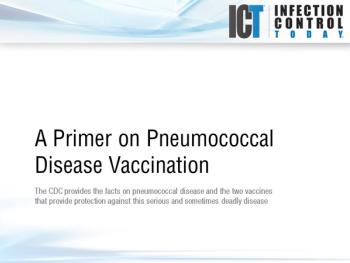
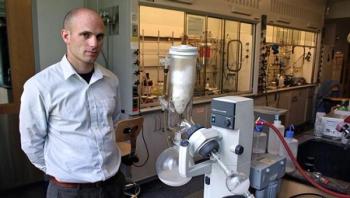
Yale University chemists have created a new process for synthesizing an organic, nitrogen-based compound that inhibits HIV. The process represents a fundamentally different approach to synthesizing alkaloids, which are naturally occurring compounds that contain nitrogen. The new approach uses a set of starting materials that do not require the usual tempering of nitrogen's reactive tendencies.
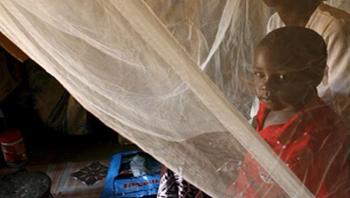

Scientists wonder why some people get so sick and even die after being infected by the foodborne pathogen E.coli O157:H7, while others experience much milder symptoms and recover relatively quickly. Now Penn State's College of Agricultural Sciences researchers believe they have discovered an explanation





Environmental hygiene, at its best, follows a prescribed set of steps in an evidence-based protocol, and guided by best-practice recommendations. Deviate from this protocol, or worse yet, cut corners, and patient outcomes can be jeopardized. As hospitals respond to the call to do more with less, the expediency with which patient rooms are turned over is increasing, leading some experts to sound the alarm about compromising patient safety.

Environmental services professionals play a crucial role in helping to prevent the spread of infections in patients, and to boost their ongoing education and training, the Association for the Healthcare Environment (AHE) of the American Hospital Association (AHA) is introducing a new certification program for these frontline technicians that will enhance their competencies. The Certified Healthcare Environmental Services Technician (CHEST) credential ensures that the cleaning practices in hospitals and other healthcare environments are superior and directly corre-late to help make a positive impact on infection rates, costs, quality of care, patient experience and outcomes.


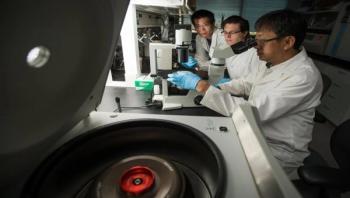





Researchers from the University of Southampton have demonstrated how a pioneering ultrasonic device can significantly improve the cleaning of medical instruments and reduce contamination and risk of infection.


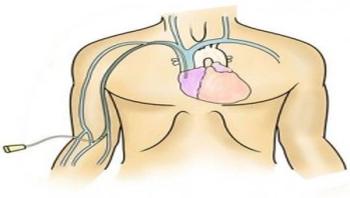








Senior molecular biology major Jacob Hatch knows MRSA as the infection that took his dad's leg. Hatch was thousands of miles away on an LDS (Mormon) mission when methicillin-resistant Staphylococcus aureus decalcified the bones in his dad's foot and lower leg, leading to an emergency amputation just below the knee.